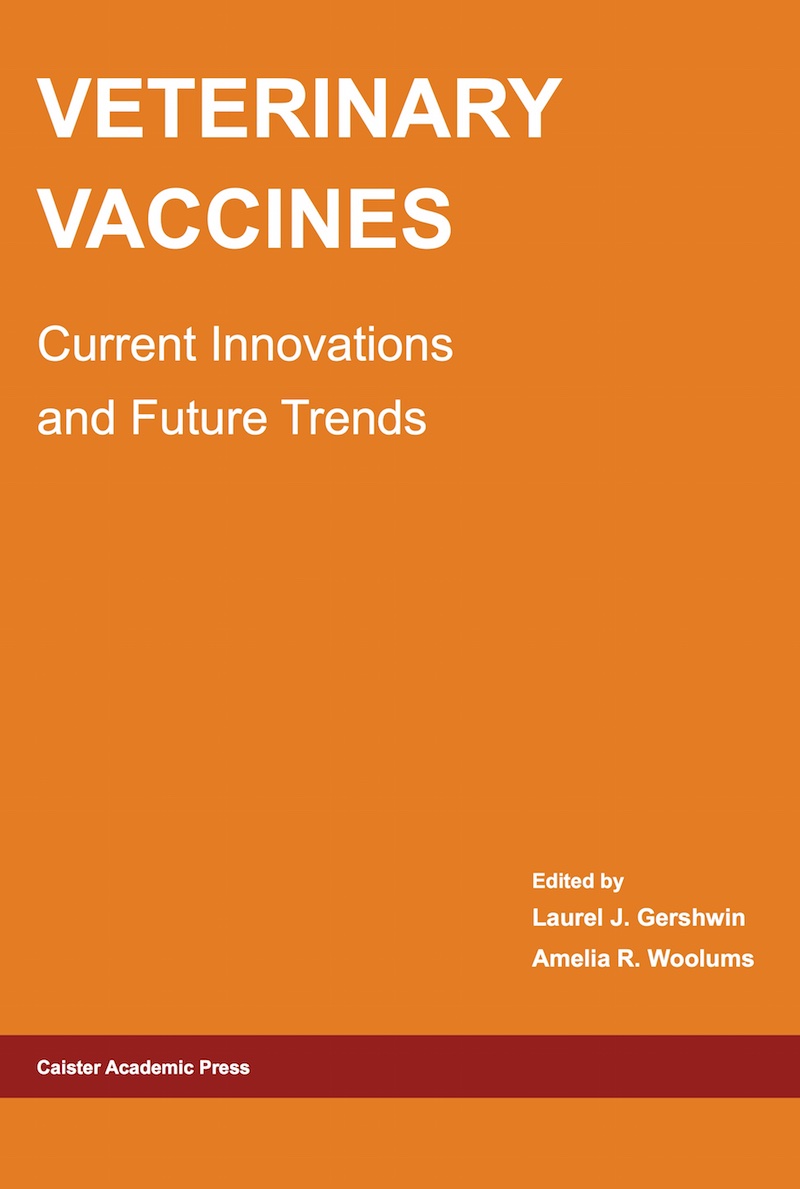CIMB Abstract
Curr. Issues Mol. Biol. (1999) 1: 65-76.Cell Biological Studies of the Prion Protein
David A. HarrisStudying PrPC and PrPSc in cell culture systems is advantageous because such systems contain all the organelles, membranes, and molecular cofactors that are likely to play an important role in the biology of the proteins. Using cultured cells expressing PrPC, we have discovered that this isoform constitutively cycles between the cell surface and an endocytic compartment, a process that is mediated by clathrin-coated pits and a putative PrPC receptor. We have also constructed stably transfected lines of CHO cells that express PrP molecules carrying mutations that are associated with familial prion diseases. The mutant PrP molecules in these cells are spontaneously converted to the PrPSc state, a phenomenon which has allowed us to analyze several key features of prion formation.
Access full article: free download



